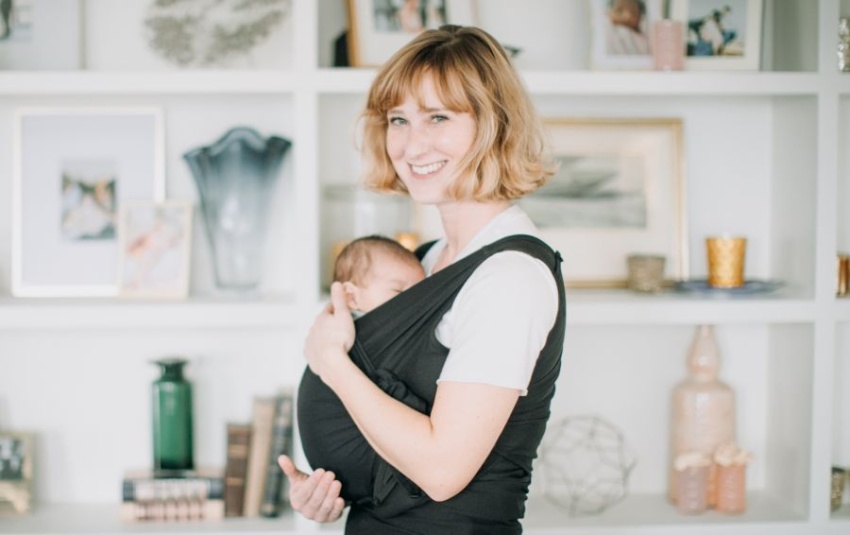The Joy of a Postpartum Doula

When people ask what I do for work, I get excited. I tell them I am a Postpartum Doula and support families after they have a baby. I explain it can be an overwhelming and isolating time. Having someone there to offer emotional, physical, and practical in-home support is so important. Here’s the part I get excited about: after I tell people what I do for work, they jump into sharing their experience of their transition to parenthood.
The taxi driver tells me about his and his wife’s journey with infertility and how they grieve the loss of each baby in a different way, how sad they are, how strong they are; the police officer tells me the thought of not having the support of a birth and postpartum doula scares him as he knows, due to racism, his black wife faces significantly higher maternal mortality rates than white women in the United States; the hairdresser is nearly in tears as she explains how difficult breastfeeding was and confesses she hid her decision to stop from her mother for months; and the dental hygienists tells me she is scared to have children after seeing her sister experience postpartum psychosis.
Explaining the work I do creates an opportunity for people to share what so often we keep hidden in our society about parenthood. Each time people share they feel a little less alone in their experience. It excites me that just telling someone I am a Postpartum Doula and listening for 10-20 minutes lifts some loneliness in the world.
With my clients, I talk about the huge physical, psychological, and philosophical shifts they experience as they adjust to parenthood. That first adjustment usually takes a couple months. Here in the United States this time period is often referred to as the fourth trimester. Being a steady person for families as
they move through their fourth trimester is the most important part of my job. As parents recover from birth, I encourage moving slow, getting lots of rest, and eating well. This can prove difficult when dirty dishes are stacking up, the fridge is nearly empty, and parents don’t dare move the sleeping baby from their chest, even if they’ve had to pee for three hours.
I tend to the dishes, put together snacks and meals, and hold babies while parents sleep. As time passes, I work with parents to find a rhythm to the day that allows them to get things done on their own in addition to resting and bonding with their baby. I fill in the gaps of support needed until parents feel strong, babies are adjusted to life outside the womb, and everything has calmed down a bit.
A postpartum doula is like the parent who holds the back of the bike seat and runs alongside as the child figures out how to ride without training wheels. The child tests their balance, yells back “don’t let go!” and then, after some practice, takes off and doesn’t look back. Postpartum Doulas love when families take off and no longer need us. It means we did our job by educating, supporting, and fostering confidence.
To find a Postpartum Doula in the Seattle area, families can contact the Northwest Association for Postpartum Support, or reach out to me, Aimee Strader, at
www.soundbabies.com.
Aimee Strader is a Postpartum Doula in Seattle, Washington. She believes everyone deserves support.
Adjusting to parenthood calls for lots of support and Aimee is grateful she can be available to families
as they heal, bond, and transform. In addition to serving families, Aimee volunteers on the Board of
Northwest Association for Postpartum Support. When she is not working in the birthworld, she is likely
working on a house project or riding her bicycle around the city with her husband.




